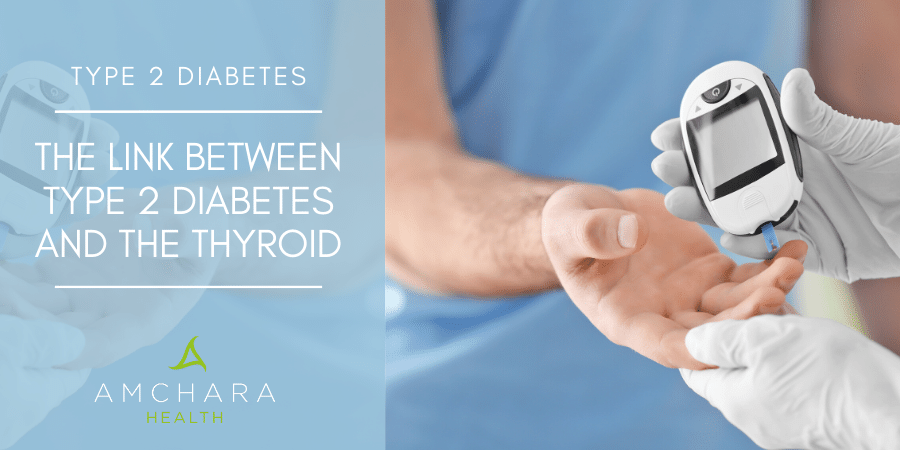Topics Covered in this article:
Type 2 diabetes is the most prevalent form of diabetes and affects over 4 million people in the UK.
The cost of treating Type 2 diabetes and related health issues is putting a large strain on NHS funding.
As with many lifestyle conditions there can be many factors that play a role in the development of Type 2 diabetes.
We always take an evidence-based approach and aim to provide you with insightful information, actionable knowledge and tips to help you on your journey to optimal health.
In this article we take a look at the evidence behind the potential role vitamin D plays in Type 2 diabetes.
Type 2 diabetes
Type 2 diabetes involves poor regulation of blood sugar and resistance to the effects of insulin.
In a normal situation insulin serves to move glucose out of the blood and into storage sites, or into cells to be used as a fuel.
Insulin has several other functions related to the metabolism of fat, proteins and carbohydrates and also influences cell division and growth.
In Type 2 diabetes the action of insulin is effectively ‘ignored’ as body cells become resistant to its effects.
This results in unregulated high blood glucose which leads to further issues.
During insulin resistance the pancreas tries to respond by increasing production of insulin and so not only may blood glucose levels be elevated but insulin may also be high.
After a time in this state the pancreas fails to secrete insulin and there is the risk of developing Type 1, insulin dependent, diabetes.
Insulin resistance develops due to many nutritional and lifestyle factors and a diet high in sugar and refined carbohydrates, obesity, genetics and a lack of physical exercise all contribute.
Vitamin D
Interest in the role of vitamin D in health has increased over the past few decades and much evidence is emerging on the many important roles it plays.
Vitamin D is naturally produced in the skin upon exposure to UVB rays from the sun.
A variety of factors including skin colour, climate change, genetics and sedentary lifestyles mostly conducted indoors means that vitamin D deficiency is now thought to affect much of the European population, leading some to refer to it as a pandemic problem (1).
Vitamin D and Type 2 diabetes
-
Deficiency
Several studies have indicated that vitamin D deficiency is prevalent amongst those with Type 2 diabetes and that the risk of developing Type 2 diabetes reduces with increasing levels of serum vitamin D (2).
In fact, individuals with a sufficient concentration of vitamin D have been shown to have a 43% reduced risk of developing Type 2 diabetes compared to those who are deficient (3).
Vitamin D receptors are found in many tissues including the pancreas and variations in vitamin D receptor genes have been shown to increase the risk of type 2 diabetes (4).
Vitamin D is essential for normal insulin release in response to elevated blood glucose and for maintenance of good blood glucose tolerance.
Studies show that vitamin D deficiency results in decreased pancreatic insulin secretion (5) and is linked to insulin resistance (6).
Replenishment of vitamin D in those who were deficient was shown to significantly improve insulin resistance.
This effect had most impact when vitamin D concentrations reached a significant level after six months of supplementation (7).
-
Calcium balance
One of the crucial roles of vitamin D is to increase intestinal absorption of calcium.
Studies into the relationship between calcium levels or dietary intake and the incidence of Type 2 diabetes are interesting and low levels of calcium are linked with Type 2 diabetes (8).
Dairy is often touted as the best source of calcium and a moderate intake of low fat dairy products has been shown to lower the risk of developing Type 2 diabetes (9).
Calcium is required for the action of calcium dependant enzymes that facilitate conversion of a precursor of insulin into active insulin.
Therefore, adequate calcium balance is required for insulin synthesis and secretion.
In one study, supplementation with 700iu of vitamin D and 500mg of calcium improved insulin resistance in those with poor glucose control but not those with normal glucose tolerance (10).
Studies into supplementation of vitamin D in Type 2 diabetes are mixed – much of this may be down to factors such as the study having a small sample size, a short duration, using a low dose or less active form of vitamin D.
However, what is clear from published research is that replacing vitamin D deficiency and supporting calcium levels has favourable results, particularly for those at higher risk of developing Type 2 diabetes.
-
Inflammatory link
Type 2 diabetes involves systemic inflammation; increased levels of inflammatory markers like CRP and inflammatory messengers called cytokines have been found.
Some of these cytokines are elevated many years before the onset ofTtype 2 diabetes and are thought to be a causative factor rather than a consequence of the condition.
Some cytokines are known to interfere with the signalling of insulin and are linked with an increase in insulin resistance.
Vitamin D has an immune regulatory role and is thought to be anti-inflammatory due to down regulating some pro-inflammatory cytokines.
Currently there is little evidence to show if this is a direct mechanism of action for vitamin D in reducing the risk of Type 2 diabetes – future studies may give more insight into this.
Takeaway
Vitamin D has many functions in terms of our health and evidence is showing a clear role in blood sugar regulation and insulin sensitivity.
With vitamin D deficiency reaching pandemic proportions obtaining an optimal amount is required for good health.
If you have concerns about your vitamin D status, or risk of developing Type 2 diabetes, consulting an Amchara Personalised Health practitioner can give you one-to-one guidance and access to a range of Functional Medicine tests.
We’re dedicated to providing you with both insightful information and evidence-based content.
Did you find this article useful?
We’d love to hear your thoughts, get in touch!
Read this next:




